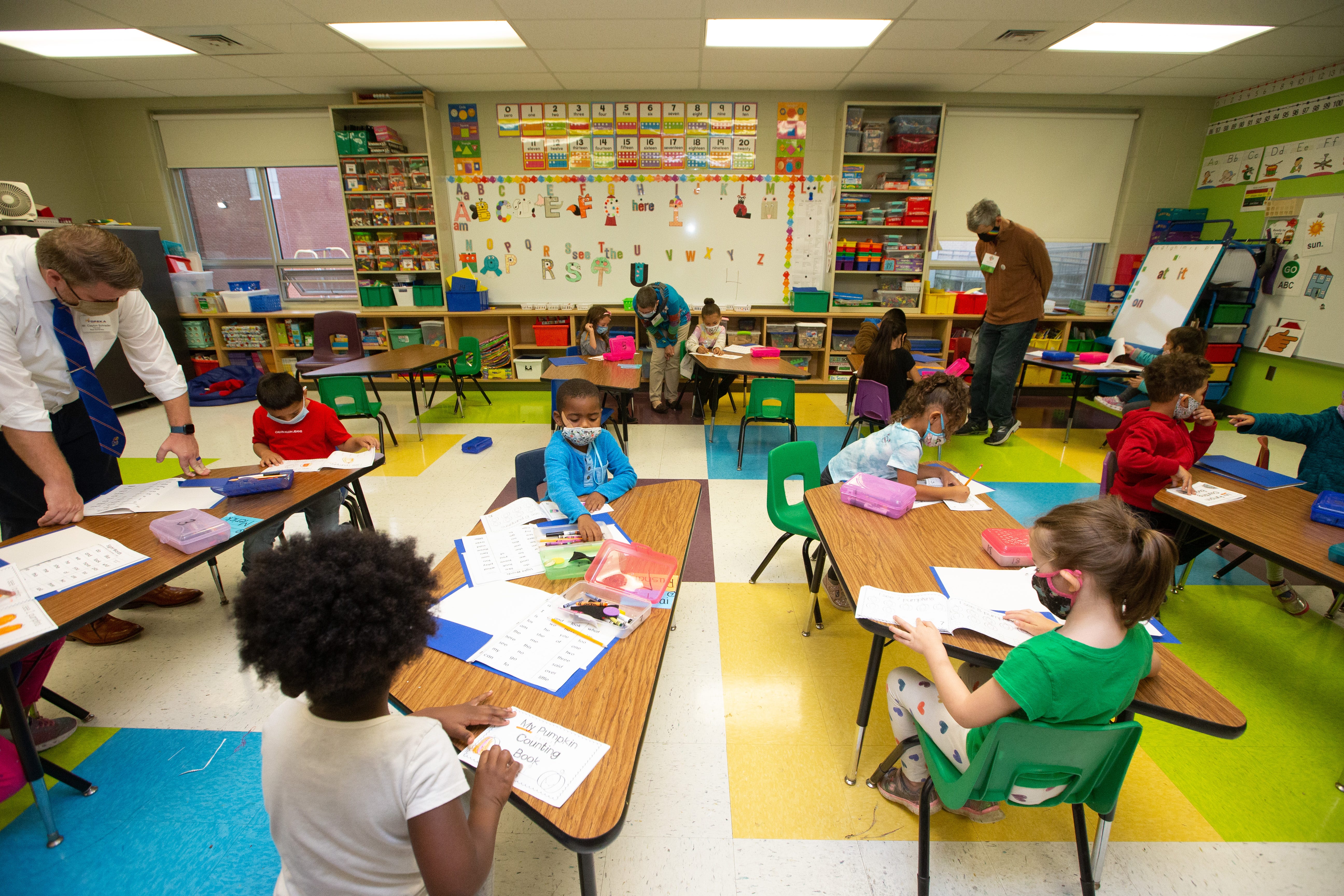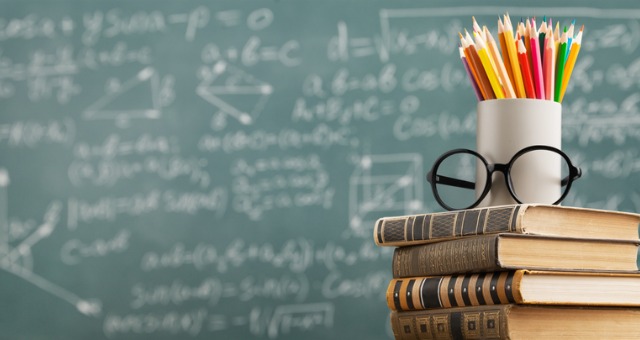Tailored Primary Science Tuition Singapore for Your Child’s Success
Tailored Primary Science Tuition Singapore for Your Child’s Success
Blog Article
Discover the Important Benefits of Understanding Primary Science for Young Students
The relevance of key science education for young learners extends far past mere understanding purchase; it functions as an essential pillar in developing crucial skills such as essential reasoning, problem-solving, and creative thinking. Engaging with clinical principles with inquiry-based and interactive activities not only grows inquisitiveness yet also lays the foundation for resilient, positive students. As we discover these advantages further, it ends up being clear that the effects for future scholastic and personal development are extensive. However, what particular strategies can instructors employ to optimize these benefits?
Enhancing Vital Thinking Abilities
Promoting essential assuming skills in young learners is necessary for their cognitive growth and future scholastic success. Vital reasoning allows children to examine info, review proof, and make informed decisions, which are crucial abilities in today's information-rich culture. By engaging in clinical inquiry, young learners can improve these abilities as they check out principles through experimentation, thinking, and monitoring.
In key scientific research education, instructors can assist in critical reasoning by motivating students to ask inquiries, develop hypotheses, and perform experiments. This hands-on strategy enables youngsters to exercise analytic and develop rational reasoning skills. For example, when pupils explore the residential or commercial properties of materials or the concepts of motion, they find out to examine their searchings for critically and reason based upon evidence.
In addition, discussions and collaborative tasks can promote critical reasoning by supplying possibilities for students to express their ideas, obstacle presumptions, and think about diverse perspectives. By creating a helpful environment that values inquiry and reflection, instructors can nurture crucial believing abilities that equip young learners to end up being lifelong students and independent thinkers. Inevitably, boosting these skills lays a durable foundation for their future scholastic endeavors and individual growth.
Fostering Inquisitiveness and Exploration

Primary science education gives an organized environment where young students can explore numerous phenomena through hands-on experiments and monitorings. By permitting them to engage with products and involve in inquiry-based learning, teachers produce chances for youngsters to formulate hypotheses, examine their concepts, and attract verdicts. Such experiences support a feeling of marvel and enjoyment about science.

Building Self-confidence in Problem Resolving
Structure confidence in problem-solving is a vital part of primary science education that equips young students to come close to obstacles with resilience and imagination - primary science tuition Singapore. They establish important skills in vital thinking and evaluation when children are urged to engage with clinical concepts with hands-on activities and inquiry-based learning. This process not only boosts their understanding of scientific concepts yet also cultivates a feeling of ownership over their discovering
To build self-confidence, instructors ought to develop an encouraging setting where blunders are considered as opportunities for development rather than failings. This encourages pupils to take threats and explore different options to troubles. By offering scaffolding and support, instructors can assist trainees navigate complex tasks, slowly raising their independence in analytic circumstances.
Moreover, collaborative discovering experiences, such as group tasks or experiments, can further click reference boost trainees' confidence as they learn to articulate their thoughts and pay attention to others' viewpoints. These communications support social skills and strengthen the idea that problem-solving is commonly a cumulative undertaking. Inevitably, cultivating self-confidence in analytic prepares young students for future scholastic challenges and furnishes them with the tools required for lifelong learning.
Encouraging Creativity and Technology
In the world of main science education, urging creative thinking and advancement is crucial for growing a vibrant discovering atmosphere. By promoting a society where young students can explore ideas and experiment easily, instructors aid trainees develop important believing abilities and a passion for discovery. Imagination in scientific research urges youngsters to ask concerns, create theories, and participate in hands-on activities that stimulate their creative imagination.
Integrating open-ended tasks and inquiry-based understanding right into the curriculum allows pupils to reveal their distinct perspectives and remedies. For example, when tasked with addressing an issue pertaining to their environment, trainees can conceptualize several approaches, resulting in inventive end results that showcase their creativity. This not just strengthens their understanding of clinical ideas but additionally imparts a sense of possession over their understanding process.
Furthermore, innovative science education and learning nurtures cooperation among peers, as pupils usually share ideas and improve each other's insights - primary science tuition Singapore. This collaborative spirit check my blog advertises not just innovation but also necessary social abilities. Hence, by prioritizing imagination and advancement in key scientific research education, we empower young learners to believe seriously, welcome challenges, and imagine opportunities, laying a strong structure for long-lasting knowing and exploration
Planning For Future Knowing Obstacles
Young learners' ability to navigate future discovering obstacles rests on a strong foundation in main scientific research education. This foundational understanding outfits students with essential believing abilities and an organized approach to analytical, vital for taking on intricate issues in an ever-evolving world. Main science promotes inquiry-based discovering, motivating trainees to ask concerns, check out theories, and take part in hands-on experiments.
As they develop these skills, students become adept at assessing information, recognizing patterns, and attracting educated final thoughts. Such proficiencies are essential not just in scientific areas however also in math, innovation, and design (STEM), where interdisciplinary knowledge is progressively important.
Additionally, primary scientific research education grows a sense of interest and resilience in young learners, allowing them to see obstacles as chances for development. As they experience and get over challenges in their scientific expeditions, they build self-confidence in their ability to innovate and adjust.
Eventually, a solid structure in primary scientific research not only prepares young students for academic searches yet also equips them with click site the devices needed for lifelong discovering and flexibility in a quickly changing international landscape. By purchasing key scientific research education and learning, we are spending in the future possibility of our learners.
Verdict
Comprehending main science is important for young learners, as it fosters essential thinking, interest, and creative thinking. Engaging with scientific ideas with hands-on experiments boosts problem-solving capabilities and develops strength. This foundational understanding not just equips trainees to examine information and identify patterns but additionally nurtures an inquiry-based mindset. Eventually, the benefits of main science education prepare youngsters for future academic quests and instill long-lasting learning behaviors vital for growing in an ever-evolving world.
The importance of primary science education and learning for young students expands much beyond simple knowledge procurement; it offers as a basic column in establishing necessary abilities such as important thinking, analytic, and creative thinking. By producing a supportive environment that values questions and representation, teachers can nurture critical thinking skills that empower young learners to end up being independent thinkers and long-lasting students. Therefore, by prioritizing creative thinking and development in key science education and learning, we equip young students to think seriously, embrace difficulties, and envision opportunities, laying a solid foundation for long-lasting learning and expedition.
Young students' ability to browse future learning obstacles hinges on a strong foundation in key science education and learning.Recognizing main scientific research is critical for young learners, as it promotes critical reasoning, curiosity, and creative thinking.
Report this page